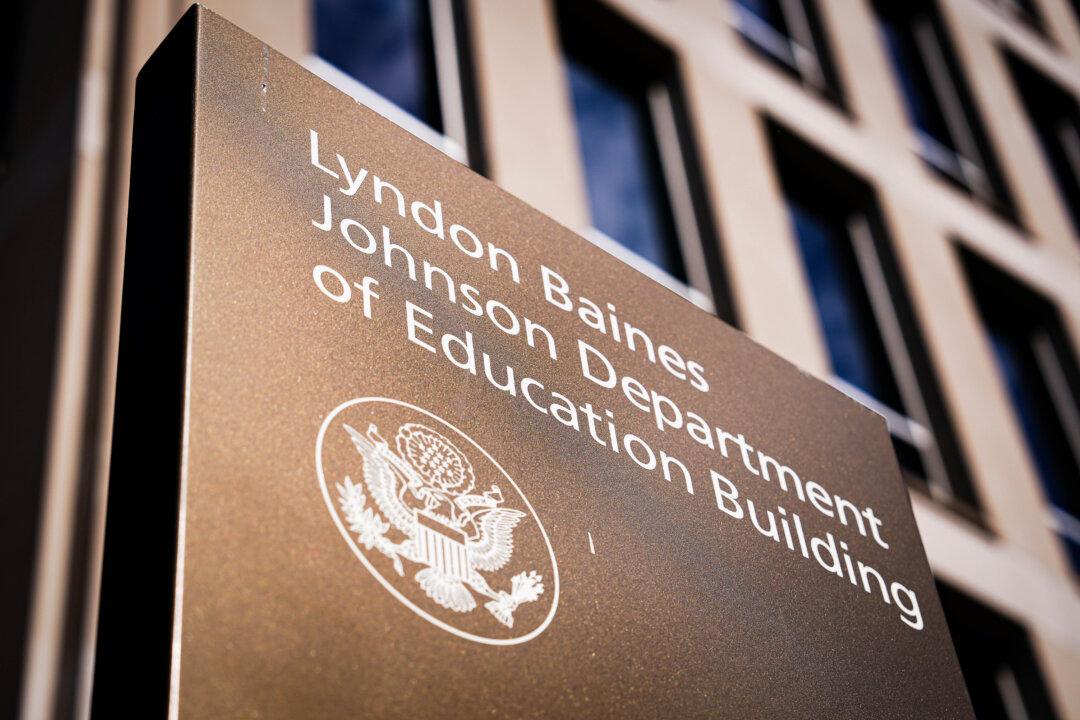A group of 130 Republicans in Congress is demanding that the Biden administration withdraw its plan to cancel $147 billion of federal student loan debt.
They argue that it is unfair for Americans who didn’t borrow or have already paid off their loans.





